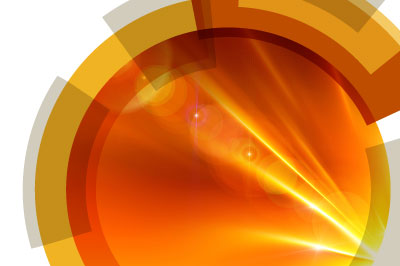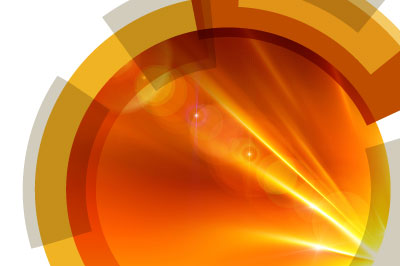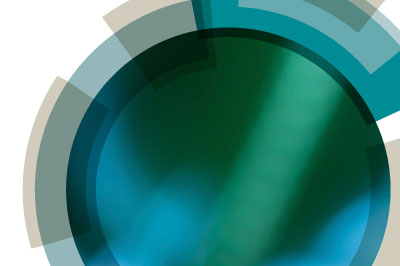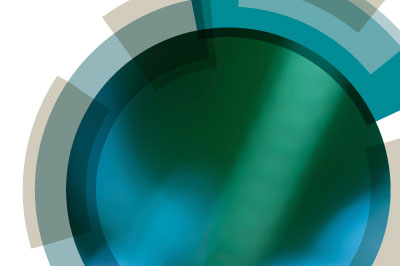This half-day training course is ideal for people with experience of small molecule analysis who are soon to become involved with biomolecule work and for those routinely working with biotherapeutics who wish to increase their knowledge of non-denaturing techniques such as GFC and HIC or the latest advances in reversed phase analysis of proteins and peptides.
- Examination of the compositional and functional diversity seen amongst proteins and peptides.
- Exploration of the range of composition, size and shape that imparts this functional diversity and the differences that permit analytical separation.
- Overview of the types of characterisation required qualitatively and quantitatively.
- Strategies that can be employed chemically and analytically to fulfil those requirements in determining profiles for degradation and impurities (Post Translational Modifications or PTMs).
- Different analytical approaches required for the generation of data typically required by Regulatory.
- Review of chromatographic fundamentals followed by section focusing on Hydrophobic Interaction Chromatography (HIC).
- Examination of the compositional and functional diversity seen amongst proteins and peptides.
- Exploration of the range of composition, size and shape that imparts this functional diversity and the differences that permit analytical separation.
- Overview of the types of characterisation required qualitatively and quantitatively.
- Strategies that can be employed chemically and analytically to fulfil those requirements in determining profiles for degradation and impurities (Post Translational Modifications or PTMs).
- Different analytical approaches required for the generation of data typically required by Regulatory.
- Review of chromatographic fundamentals followed by section focusing on Hydrophobic Interaction Chromatography (HIC).










